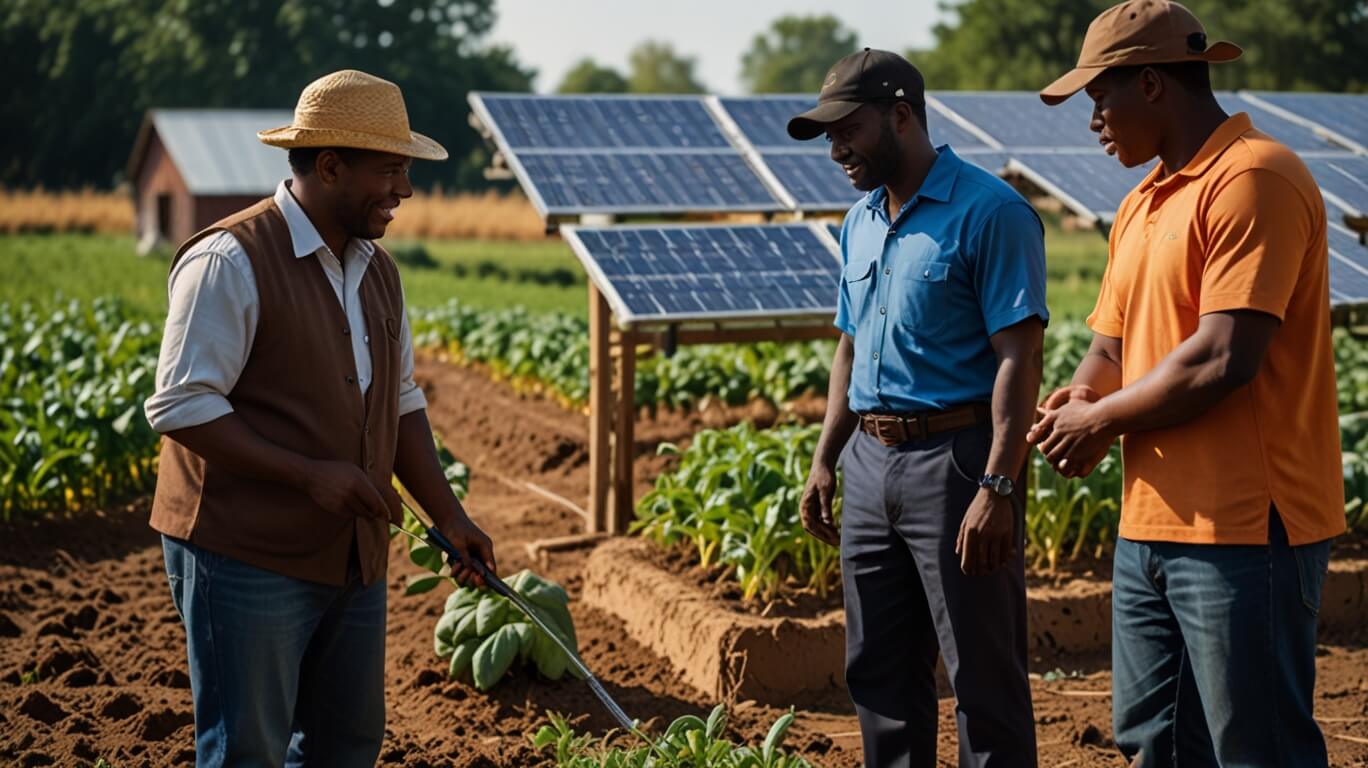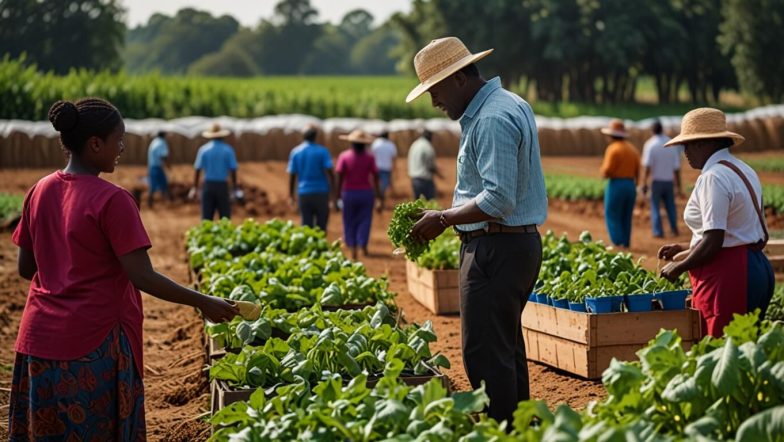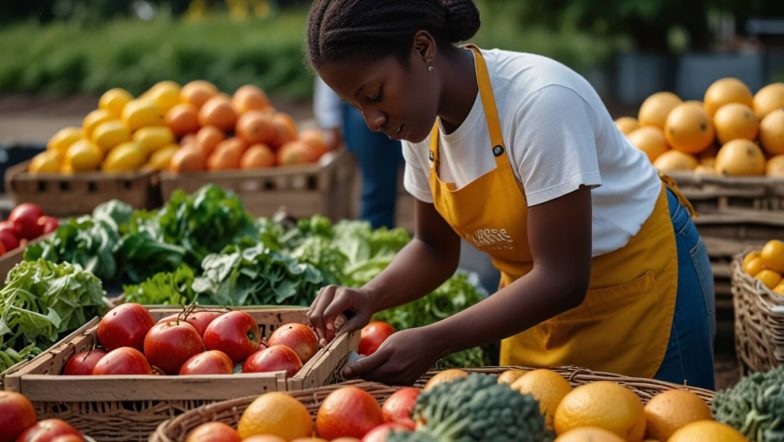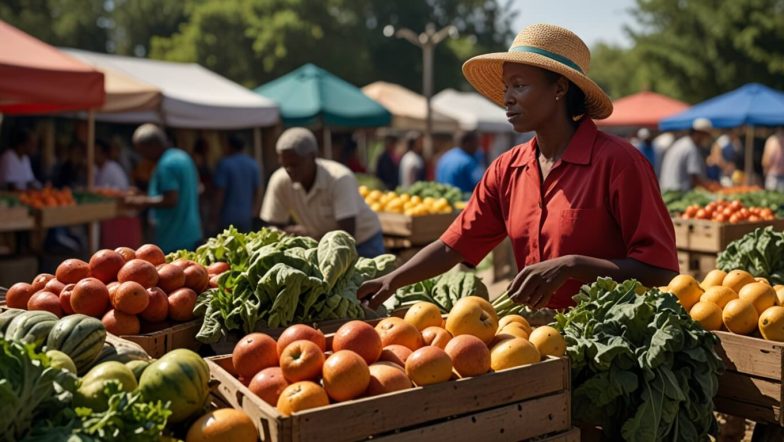Food security remains one of the most pressing challenges of our time, especially in regions like Sub-Saharan Africa, where climate change, population growth, and economic instability worsen the issue. Public-private partnerships (PPPs), which involve collaboration between government entities and private sector participants, offer a promising solution. By combining resources, expertise, and innovation, PPPs can strengthen food production and distribution systems, ensuring no one is left behind.
As someone deeply invested in sustainable development, I believe PPPs are key to unlocking innovative solutions to food security. Governments bring policy frameworks, funding, and infrastructure, while private companies contribute technology, innovation, and operational efficiency. Together, they can create scalable solutions that benefit entire communities. For example, the partnership between the Nigerian government and the Alliance for a Green Revolution in Africa (AGRA) has empowered smallholder farmers with access to high-quality seeds, fertilizers, and training on sustainable farming practices. This collaboration has significantly improved agricultural productivity and livelihoods. However, challenges remain. A lack of synergy between public and private sectors often hinders progress. To fully harness the potential of PPPs, several strategies are essential.
- Policy alignment is critical: Governments must create conducive environments for private sector participation through incentives and supportive policies.
- Capacity building is vital: Training programs for farmers and stakeholders can enhance productivity and foster innovation.
- Infrastructure development: Improving rural roads and storage facilities can reduce post-harvest losses and improve market access.
- Financial support mechanisms: Sharing risks between public and private entities can encourage greater investment in agriculture.
The potential of PPPs to address food security is immense, but realizing this potential requires commitment and collaboration from all stakeholders. Governments must create enabling environments, private companies must prioritize long-term impact over short-term profits, and communities must actively participate in and advocate for these initiatives. Food security is not just about producing more food but about creating a sustainable and equitable system that ensures everyone has access to nutritious food.
In the words of an African proverb, “If you want to go fast, go alone. If you want to go far, go together.”
Let us choose to go far, together.






Leave a comment